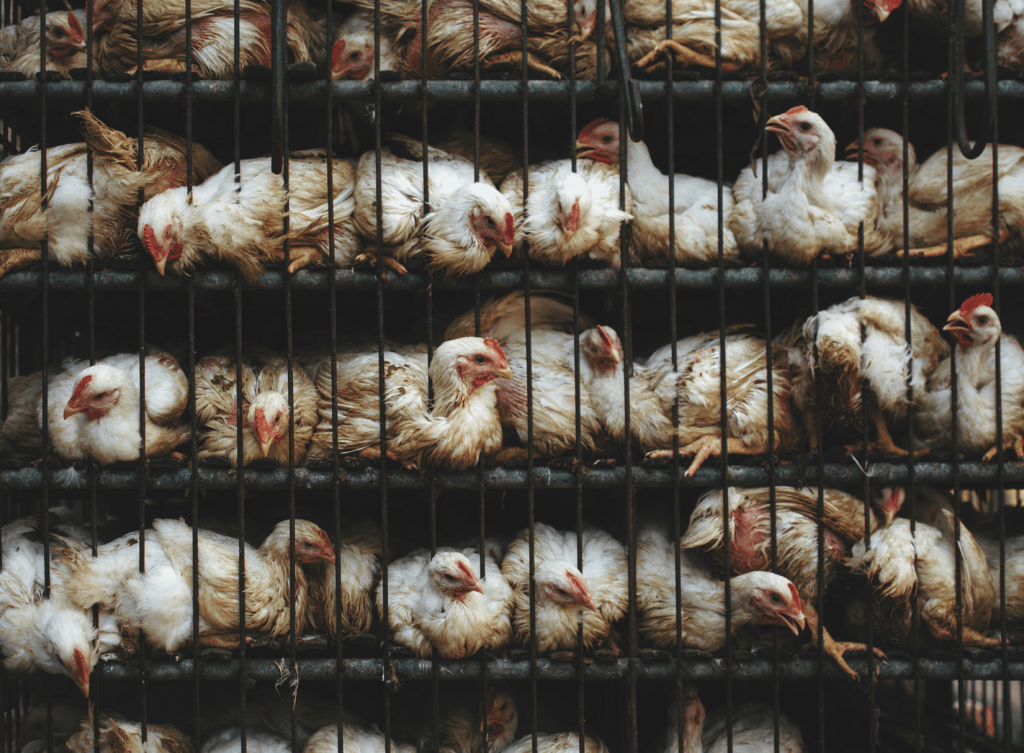How has the meaning of “kosher” evolved?
The concept of kosher has been a mainstay of Jewish life for centuries. Ancient kashrut laws have provided Jewish communities with a framework for determining which foods are “fit to eat” and how to slaughter animals according to approved religious procedures. Traditionally, the process of shechita, or kosher slaughter, occurred in a small-scale, boutique-like fashion: a knowledgeable and trained professional (shochet) performed shechita on only a few animals at a time, by demand from the local community. Up until the mid-20th Century, this was possible because Jewish communities consumed far fewer animals than they do now (as did most people in the United States). However, the industrialization that transformed American agriculture swept up kosher food production and significantly changed breeding, raising, and slaughtering animals for kosher consumption.
Keeping kosher as a communal and household practice is different from the kosher certification industry, whose history tracks closely with the expansion of industrial food production in the United States. Certification agencies arose as a 20th century invention responding to the prevalence of factory-processed foods, which comprised over 90 percent of the foods eaten in American homes by 1965.((Joan Nathan, Jewish Cooking in America (New York: Alfred A. Knopf, 2006), p. 21.)) As people began to associate kosher with a higher level of safety and supervision, its popularity and prevalence soared. The public perceives another pair of watchful eyes over the food production process as especially valuable today, when animal products are a major source of foodborne pathogens and account for nearly a third of deaths from foodborne diseases.((Attribution of Foodborne Illness: Findings. https://www.cdc.gov/foodborneburden/attribution/attribution-1998-2008.html)) So valuable is kosher certification to selling food that in American supermarkets between a third and a half of all goods are labeled as kosher today. Manufacturers and retailers can invest hundreds of thousands of dollars per year to maintain their kosher certification, counting on increased sales from the appeal of a kosher label.((Fishkoff, Sue, Kosher Nation (New York: Schocken Books, 2010), 14.))
But since on-farm practices do not differ for kosher, these chickens, turkeys, cattle and fish still suffer the worst abuses of factory farming, and kosher certification acts to further entrench a system that raises animals with unhealthy genetics in extreme confinement.
Support the movement to call out kosher humanewashing.




